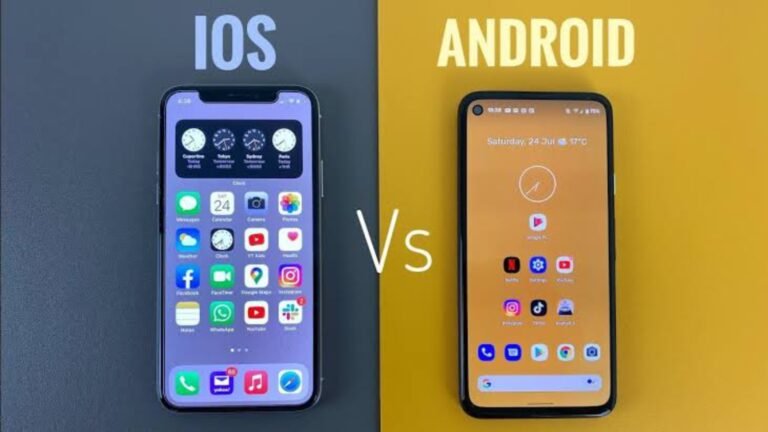When shopping for a new smartphone, the camera capabilities often become a deciding factor for many consumers. The iPhone vs Android debate takes center stage when discussing mobile photography, with passionate advocates on both sides. But what exactly separates these two ecosystems when it comes to capturing images and videos? Let’s dive into the key differences between iPhone vs Android cameras to help you determine which might better suit your photography needs.
Image Processing: Natural vs Enhanced
One of the most fundamental differences in the iPhone vs Android camera experience comes down to how each platform processes images after capturing.
Apple’s approach with iPhones focuses on producing natural-looking results. When you snap a photo with an iPhone, its image processing system automatically adjusts color, brightness, contrast, and detail preservation in a way that aims to replicate what your eyes actually see. This results in images that appear more true-to-life, neither overly saturated nor artificially enhanced.
In contrast, many Android manufacturers like Samsung, Vivo, and Xiaomi tend to apply more aggressive image processing. Photos often come out sharper and more vibrant straight from the camera app. While this can produce visually striking images that pop on social media, this iPhone vs Android difference means Android photos sometimes cross the line into looking artificially enhanced.
Read more: Gorilla Glass Ceramic: A Breakthrough in Display Protection Technology in 2025
Video Capabilities: Consistency vs Variety
The iPhone vs Android comparison reveals significant differences in video recording capabilities as well.
iPhones have earned a reputation for exceptional video quality and stability across their lineup. Features like Cinematic Mode, consistent 4K recording options, and superior audio capture make iPhones the preferred choice for many content creators and vloggers. The standout advantage in the iPhone vs Android debate is Apple’s unmatched consistency and reliability in video recording performance.
The Android ecosystem offers more variety. Flagship models from Samsung and Google can capture impressive video footage that rivals iPhone quality. However, the wider iPhone vs Android ecosystem comparison shows that many mid-range and budget Android devices can’t match the video stability and overall quality that even older iPhone models deliver.
User Experience: Simplicity vs Customization
The camera interface represents another important aspect of the iPhone vs Android discussion.
Apple’s camera app emphasizes simplicity and speed. The interface is intuitive, allowing users to capture photos or videos instantly without navigating through complex settings. This straightforward approach makes iPhones accessible to photographers of all skill levels.
The Android experience varies significantly between manufacturers. Some Android devices offer more manual controls and specialized shooting modes than iPhones, but often at the cost of simplicity. This iPhone vs Android distinction means photography enthusiasts who enjoy tweaking settings might prefer certain Android models, while those who value a pick-up-and-shoot experience might lean toward iPhone.
Low-Light Photography: Consistency vs Specialization
Night photography performance highlights another key area in the iPhone vs Android comparison.
iPhones consistently produce natural-looking results in low-light conditions. The Night mode on newer models captures fine details while keeping the exposure balanced, steering clear of the overly bright or artificial look that often affects night shots.
In the Android world, results vary significantly. Google Pixel phones are renowned for their exceptional night photography capabilities, sometimes outperforming iPhones in challenging lighting conditions. However, this iPhone vs Android comparison isn’t universal across all Android devices, as budget and mid-range options often struggle with low-light photography.
The Verdict: Which is Right for You?
The iPhone vs Android camera debate doesn’t have a clear winner for everyone. Your choice depends on your specific preferences, photography style, and budget:
Choose iPhone if you value:
- Consistent, natural-looking photos and videos
- Reliable video performance
- Simplicity and ease of use
- Consistent quality across the product line
Choose Android if you prefer:
- More vibrant, social media-ready images straight from the camera
- Greater manual control options (on select models)
- Specialized photography features from manufacturers like Google or Samsung
- More price point options
What’s your experience with iPhone vs Android photography? Which aspects of mobile photography matter most to you? The beauty of today’s smartphone market is that excellent camera options exist within both ecosystems!


